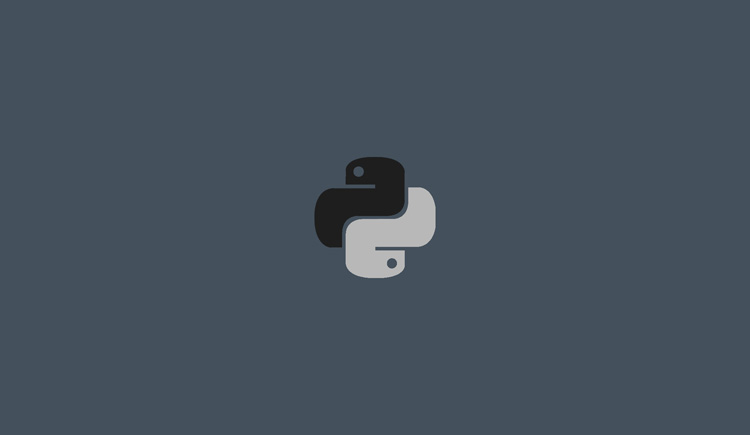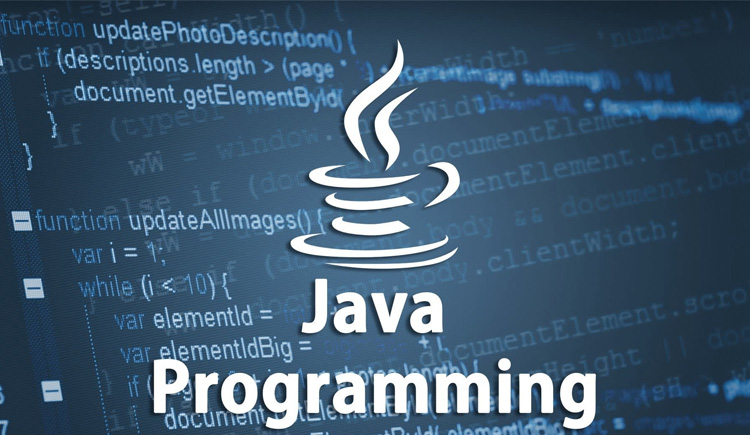
Cloud Computing
This course introduces you to the core concepts of cloud computing. You will acquire the basic knowledge that is required to understand cloud computing from a business point of view and also to become a cloud practitioner. You will understand the definition and essential characteristics of cloud computing, its history, the business case for cloud computing, and new use cases of technologies made possible by the cloud.
The Cloud Application Developer career path prepares students to develop, build, and test mobile data applications using a cloud platform to create Software as a Service (SaaS) solutions. This requires knowledge of the development of cloud applications such as Node.js, REST architecture, JSON, Cloud Foundry and DevOps services. The cloud application developer uses tools to build, deploy, run, and manage applications on a cloud platform. Cloud computing courses are designed to teach students how data storage in a “cloud” works and how users can take advantage of multiple data centers available online. Cloud service models including Infrastructure as a Service (IaaS), Platform as a Service (PaaS),
Software as a Service (SaaS) and Business Process as a Service (BPaaS). IaaS topics start with a detailed
Investigation of the development of infrastructure migration approaches from VMWare / Xen / KVM virtualization to
adaptive virtualization and cloud computing / provision of on-demand resources. Mainstream cloud
Infrastructure services and the associated provider solutions are also dealt with in detail. PaaS topics cover a wide spectrum
Selection of cloud provider platforms, including AWS, Google App Engine, Microsoft Azure, Eucalyptus,
OpenStack and others as well as a detailed study of related platform services like storage services
who use Google Storage, Amazon S3, Amazon Dynamo or other services that provide the cloud
Resource management and monitoring functions.
Course Details
Our courses are carefully planned to teach our students the true meaning of knowledge. Because we want to produce tech-savvy business people, we always try to get the most out of what we have. Cloud computing is the needs-based provision of computer system resources, in particular data storage and computing power, without direct, active management by the user. The term is often used to describe data centers that are available to many users over the Internet. There is no doubt that the cloud computing industry has managed to generate a lot of interest and investment in recent years. Today, cloud computing is an integral part of the entire infrastructure of the IT industry and for many companies worldwide. According to several industry analysts, the cloud computing industry has grown fairly quickly recently and is expected to continue to grow. The market is full of some big players when it comes to cloud computing. From Amazon Web Services (AWS) to Microsoft Azure and Google Cloud, there is no shortage of cloud computing platforms on the market. Students can take a number of online cloud computing courses to improve their skills in the field. Since cloud computing is becoming more and more important not only for the IT industry, but also for companies in general, the need for skilled workers with the right skills in the field of cloud computing has also increased. Getting certified to take the right cloud computing courses is the best way to prove that a professional has the right knowledge and skills to be successful in the industry. Some of the reasons cloud computing courses can be important to your career are listed below:
- The need for knowledgeable cloud computing experts will continue to grow
- Improves the earning potential of the candidates
- Improved job security
- A cloud computing course will help demonstrate your expertise and build your credibility with employers and colleagues
Course Information
Modules 1: Introduction to Cloud Computing
Cloud Computing and its characteristics
Benefits of cloud
Cloud Models (Service & Deployment)
Introduction to catalog of IBM Cloud and its services
Cloud Foundry basic concept
Types of Cloud Computing
Cloud Security
Cloud Computing Overview & Architecture
History of Cloud Computing
Elasticity and scalability
What is Virtualization & its Types
Modules 2: DevOps and REST API's with Data Services on IBM Cloud
Introduction to DevOps
IBM Cloud Continuous Delivery
The architecture of REST
Best practices for using REST in your application
IBM Cloudant and its benefits
JavaScript and origin and purpose of Node.js
Web server with JavaScript
Node.js module
Modules 3: IBM Watson
Introduction to Watson Knowledge Studio
Model deployment
Dashboard for users and storage
Watson Speech to text & Text to speech
Auto AI Connect
Introduction to Virtual Bot
Intents
Dialogs
Entities
Modules 4: Cloud Application Development
Describing how to create an application in IBM Cloud
Describing the IBM Cloud dashboard, catalog, and documentation features
Describing how the application route is used to test an application in the browser
Describing how to create and bind services to an application in IBM Cloud
Describing the environmental variables that are used with IBM Cloud services
Describing how to manage your IBM Cloud users and resources
Explaining how to manage your IBM Cloud account with the IBM Cloud CLI
Describing how to create a Node.js application that runs on IBM Cloud
Future Opportunity
Cloud computing and the technology behind it offer many potential possibilities and opportunities. Cloud computing can open up a whole new world of jobs, services, platforms, applications and much more. There are thousands of ways to move forward as the future of cloud computing really begins. For example, providers and service providers can come on board to develop new and different ways of selling their goods and services to cloud users via cloud technology. It opens up a whole new platform for designers and web developers. Companies and organizations can organize themselves and do business much more cheaply and professionally. Social networks and contact with friends are also much easier.
Tutor Information
Our online cloud computing tutors have a track record of teaching cloud computing to many OND, HND, Bachelor, Master, or Ph.D. Students who successfully passed their exams or completed their academic paper, conference paper, journal, report, essay, term paper, term paper, dissertation, and thesis while developing a strong foundation for cloud computing concepts. You will get to know the three most important cloud computing platforms. In addition, Allsoft solutions offer various certification training courses in the following areas:
- Amazon Web Services with AWS certifications
- IBM cloud certifications
- Google Cloud Platform with Google Cloud certifications
- Microsoft Azure with Microsoft Azure certifications
Programming skills : Fundamental Cloud Computing Skills
- Programming. ...
- Platform Expertise. ...
- Selecting the Right Services. ...
- Managing an Integrated Environment. ...
- Maintaining Databases. ...
- Managing a Network. ...
- Securing the Cloud Environment. ...
- Adapting to New Roles and Technologies.
Industry Driven projects
- Developing university administration applications with Docker and Kubernetes software: Docker for Windows, Kubernetes cluster instance in the IBM Cloud Docker file for storing all project instructions and command execution, and Docker image and Docker container for deploying the Docker image, which after this Kubernetes cluster was created in the IBM Cloud to manage all clusters and deploy applications on a public IP address
- Weather forecast with DevOps tools such as PagerDuty, Sauce Labs, DevOps Insights Software: IBM Cloud, NodeJs Runtime, Cloudant database Daily weather forecast in every region of the USA by zip code of the cities with temperature, humidity etc.
- AI Watson Chatbot Project
- Banking website (customer care, credit department)
- Flower shop website ▪ Tour & Travels website








